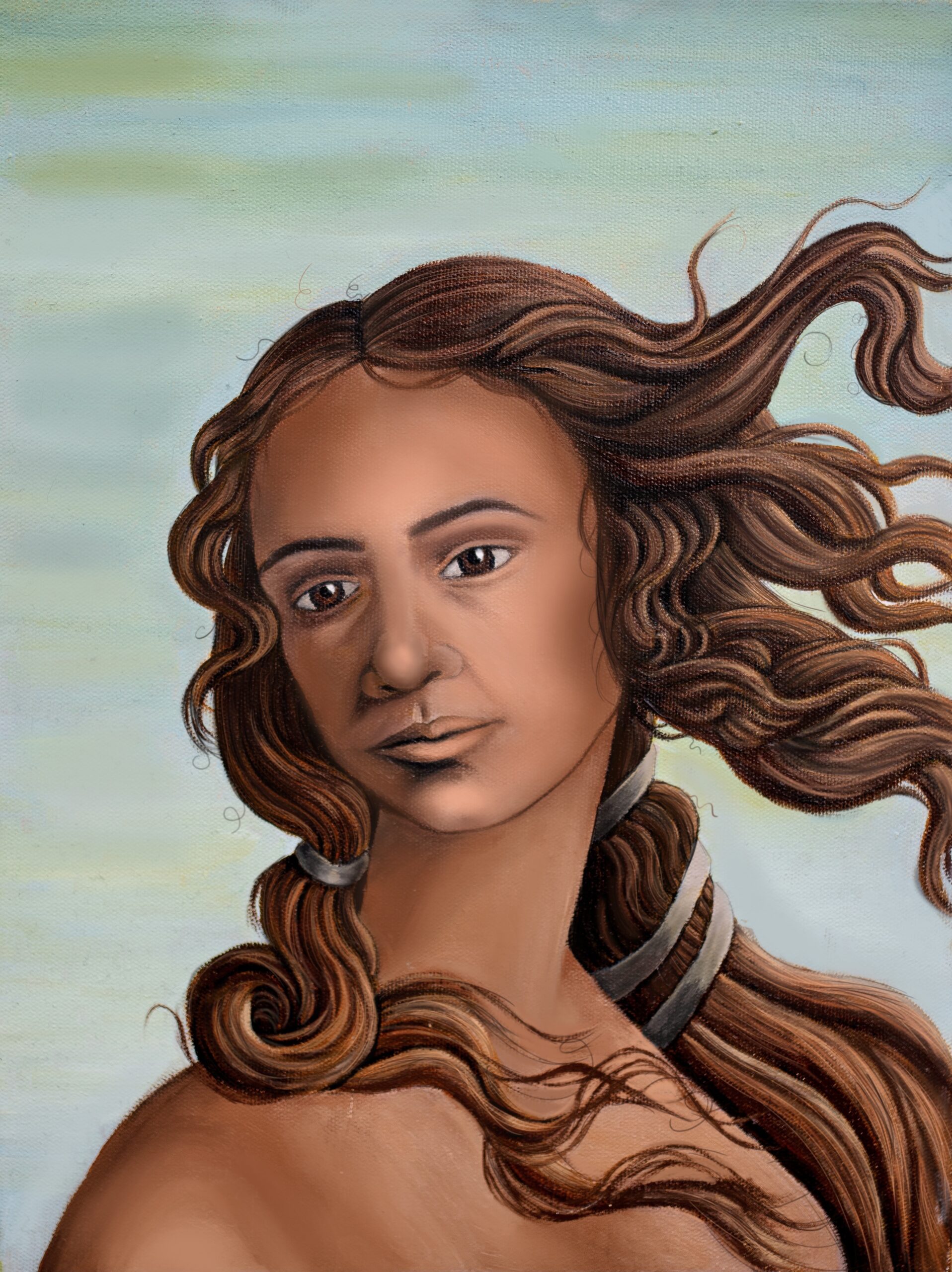It ain’t easy being twee
For the love of all things cute, cosy, cringe and collectable
Featured in

- Published 20250506
- ISBN: 978-1-923213-07-4
- Extent: 196 pp
- Paperback, ebook, PDF


Already a subscriber? Sign in here
If you are an educator or student wishing to access content for study purposes please contact us at griffithreview@griffith.edu.au
Share article
About the author

Alex Creece
Alex Creece is writer, editor and collage artist who lives on Wadawurrung land. She works in editorial roles for Archer Magazine, Cordite Poetry Review...
More from this edition

The art of appropriation
In Conversation When Brandi Salmon taught herself to paint as a teenager in country Victoria, she never imagined she’d grow up to be a full-time visual...

Nobody panic
Non-fictionThe desert of the real is now where most teens search for answers to life’s big questions: what is love? Who am I? What is truth? The images of reality we create hold messages about reality. Copies of copies of copies though they may be, they nonetheless have a material effect on our children’s thoughts, behaviours, opinions. Consumerism. Communism. Sexism. Cancelism. Nationalism. Anarchism. Stoicism. Humanism. Ideas about what we should live like, look like and love like, what it means to be a man or a woman, what it means to be an individual or part of a community, are all displayed on a screen in their pockets. The influence is profound, but not necessarily sinister if they are taught to interrogate what they consume.

A half-century of hatchet jobs
Non-fictionAuthors and publishers worry that bad reviews kill sales. I’ve seen no evidence that this is the case, but plenty that bad reviews distress and demoralise their subjects. Many people who care about literature endow criticism, and especially negative reviews, with magical powers. They hold dear the fantasy that if critics did a better job, if they were braver soldiers, the profound structural problems that bedevil Australian literature – books rushed to press, low pay, policy indifference, plummeting reading rates, crisis in higher education, not to mention the racism and the classism – might somehow disappear. A cracking review ennobles its subject with attention and consideration, but I’ve never seen one earn an author a higher advance on their next book or buy them more time for revision, let alone shift the federal arts budget.